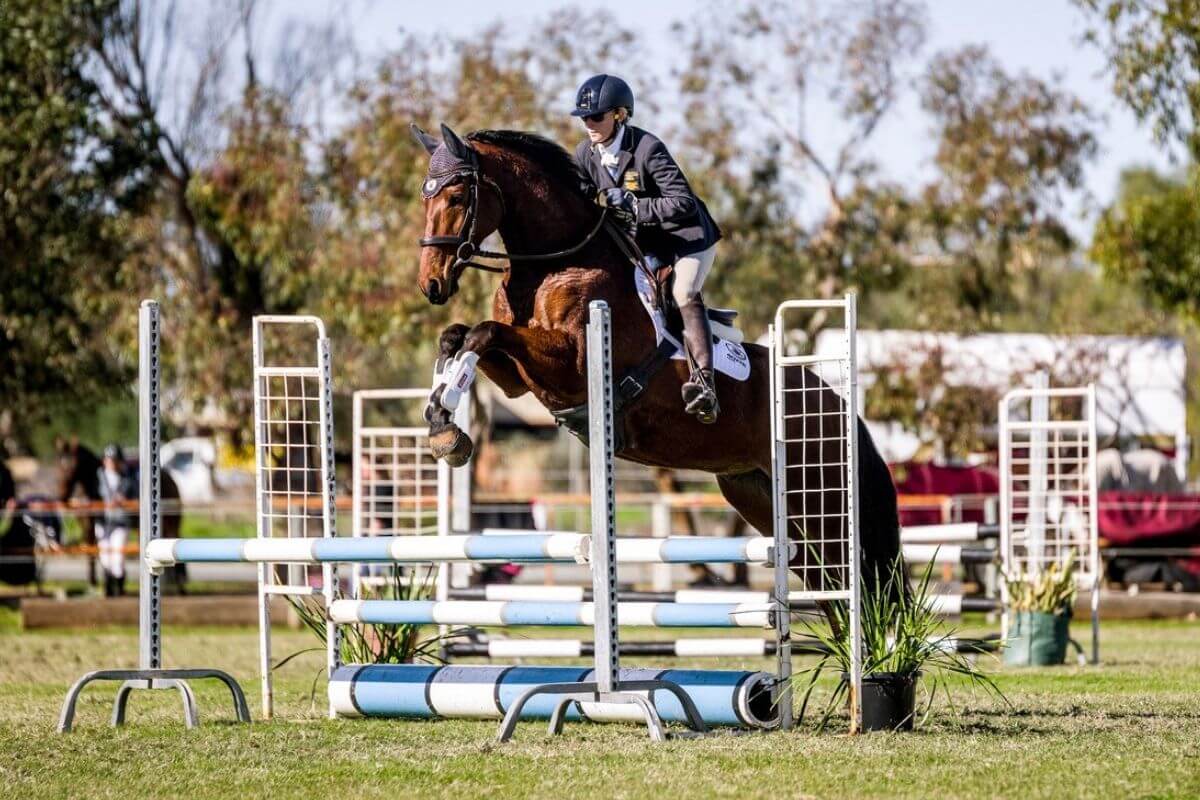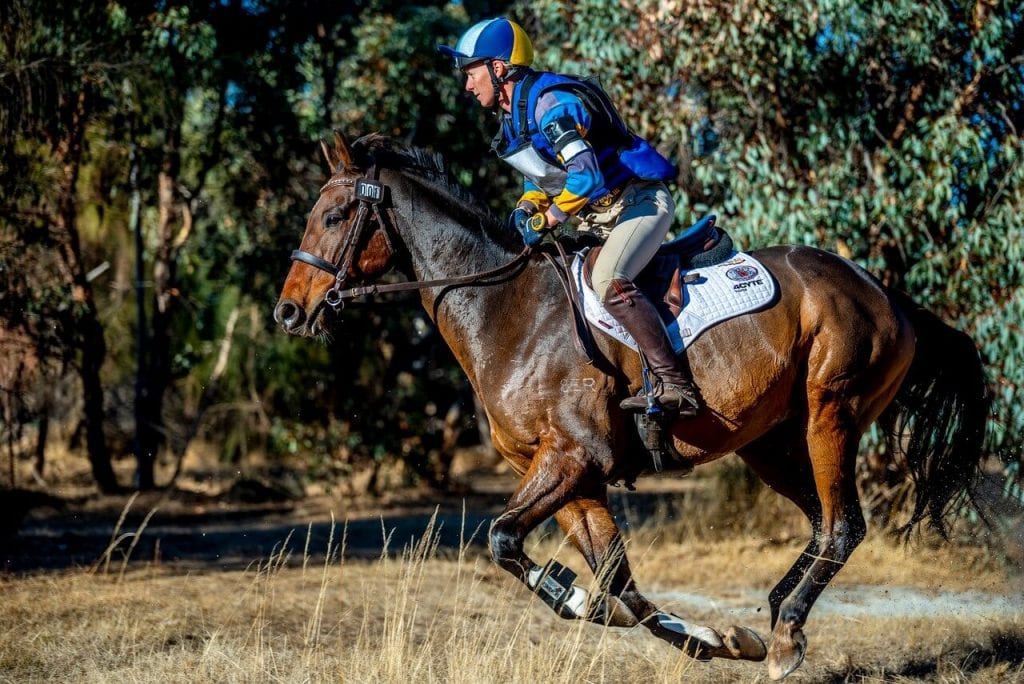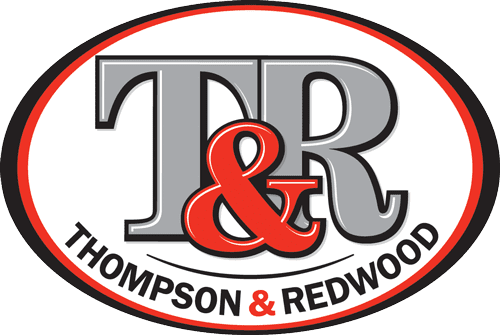
10 Sep Train your weaknesses, race your strengths
Every rider has strengths and weaknesses. Thompson & Redwood sponsored rider, Sophie Warren, explains how working on our weak areas will genuinely boost confidence.
When coaching, I try to develop in my students a little thing that I refer to as justified confidence. It’s something I strive for as an athlete myself as well. It is all very well being confident because we’re told we should be and we spend hours using positive self-talk or meditation or we’ve done a similar event or competition before. However, if you’ve prepared well and trained well and you’re fit and strong, and you know your horse is conditioned, fit and well trained for the task…then that’s justified confidence.
Sometimes even with confidence that is completely and utterly justified, things still don’t go to plan, but at least you know you weren’t “winging it” or simply “hoping for the best” and really those things that went wrong aren’t a surprise to you. So how do we go about feeling a sense of justified confidence? We work hard. Train hard. And enjoy the process. Weaknesses must be exposed to be corrected, but the time to expose your weaknesses is during training, not during competition. During competition you have to turn off your self-criticism censor…it can only serve to weaken you on performance day.
The result of identifying and eradication weaknesses is ‘justified confidence’. Having identified your weaknesses and taken steps to eradicate them you can turn up to the next competition knowing you are better prepared because you have addressed your shortcomings with real solutions. The confidence you now have is genuine and justified. It’s no false confidence developed through positive thinking. Subconsciously, your brain knows the difference.

Here are some of my key ingredients for justified confidence…
- Surround yourself with the right people. This goes for real life as well as competition day. Do you like lots of positivity and “you can do it” in the warm up arena or do you want someone to just be calm and there for you if you need something? Do you need someone who will remind you of the training hours you have put in and who will help you remember your confidence? On the other side of the competition, when we walk out of the ring or off the course, we all need that person that says “well done” regardless of how great or not great your performance was. Competition day isn’t the day for breaking down what went wrong. Jot down some notes if you’re likely to forget and then sit down on Monday, or Tuesday, or Wednesday after the competition and work out whether something needs to be fixed in your training, your fitness or your horses fitness, or whether it was just plain unfortunate.
- Examine your locus of control. That is, the degree to which you believe you have control over the outcome of something in your life. To simplify the idea greatly: someone with an internal locus of control feels that they have control over outcomes in their life while someone with an external locus of control will want to attribute outcomes to external influences such as weather, the course designer or bad luck. It is so easy to blame someone else, something else. But I’m not suggesting you blame yourself either. We actually don’t need to “blame” anything, but simply work out what went wrong or what could be improved, make a plan to fix, improve or prevent it, and begin working. Sounds simple, right?
- Train hard. It’s a concept that we know well in the athletic world, train hard, sweat lots, be fitter and stronger than the other competitors and you’ll be better. It’s just so easy to forget that when we ride our horses we are training for the next competition and end up just riding circles and having a nice time. That’s important too, but make goals for each session or each week for both yourself and your horse and try to stick to them. Some sessions will be fun sessions purely for the enjoyment…it is a hobby at the end of the day.
- Treat yourself as an athlete. You’ll NEVER be at your best on top of a horse if you’re not at your best on the ground. Get fit, lean, and strong, look after your nutrition, your sleep and your soundness and reap the rewards. You’ll feel stronger in the saddle, your reactions will be quicker and you’ll not only be a better competitor but a much better trainer. Your horse will thank you, your performances will improve and you’ll be healthy and sound for the long term.



No Comments